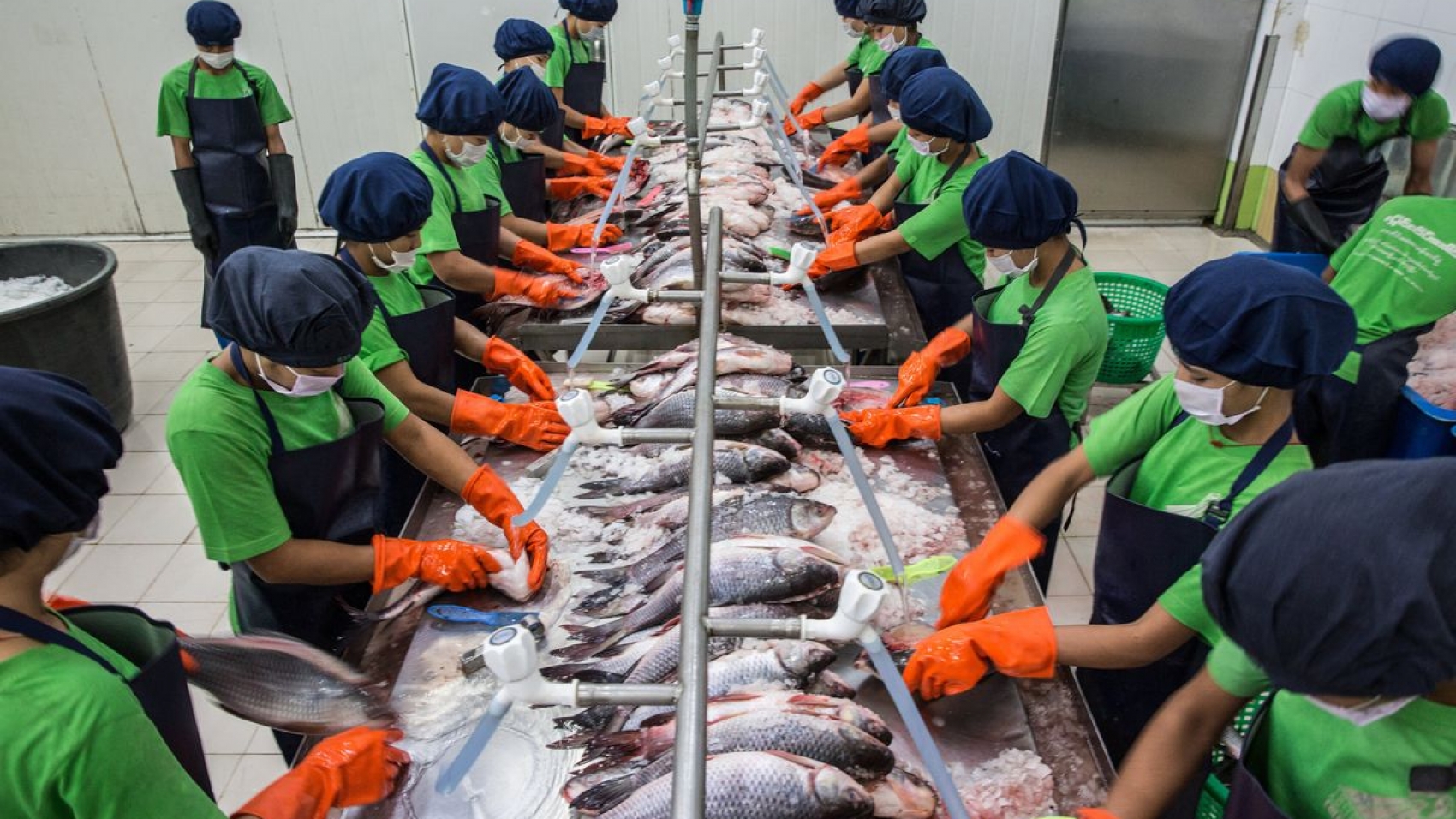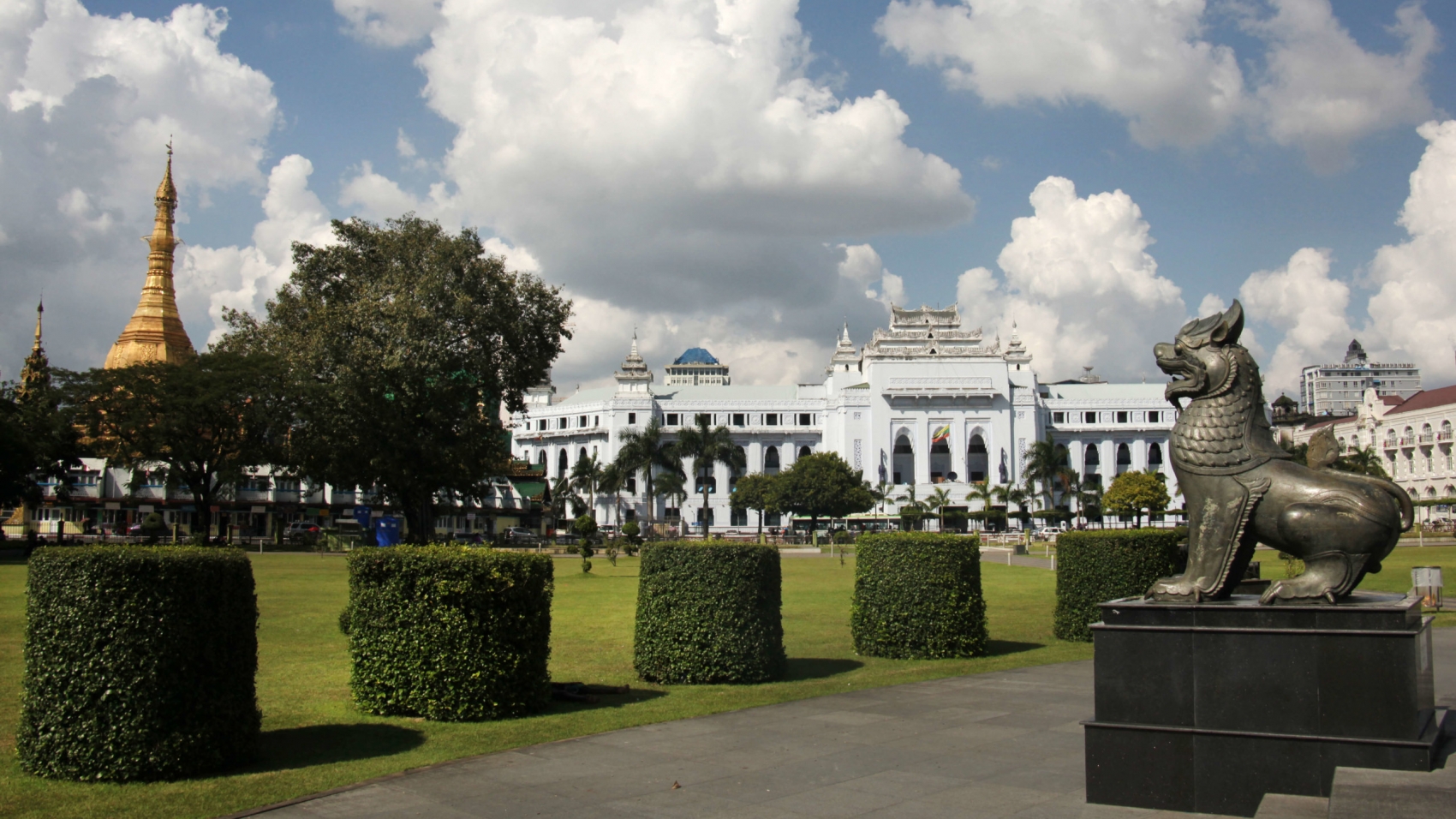The domestic gold market has reopened yet it still remains sluggish, said U Ohn Myaing, general secretary of Myanmar Gold Entrepreneurs Association. “The demand is low and the trade isn’t lively yet. Transactions take place only between the sellers who want to cash out and the investors,” he said. On 2 November, pure gold fetched K1.31 million per tical (0.578 ounces, or 0.016 kilograms) in the domestic market, while the gold has registered at US$1,880 per ounce in the international market. “The domestic gold price is about K20,000 lower than the international rate,” he continued.
“It is hard to predict the domestic gold price amid the COVID-19 pandemic and the tensions between China and the US,” he highlighted. Yangon Region gold market, which was temporarily suspended amid the COVID-19 resurgences, was back into business on 26 October. The virtual trade is also available through the Zoom app, Yangon Region Gold Entrepreneurs Association stated. There are more than 10,000 gold shops in the region, and about 50 visses of gold were traded earlier. During the first wave of COVID-19, Yangon gold market was closed between 29 March and 18 May. According to gold traders, during the past four months, the domestic gold was priced with the minimum rate of K1,216,500 (1 July) and the maximum rate of K1,296,500 (27 July).
The price moved in the range of, K1,286,500 on 13 August and K1,332,500 on 7 August. The local gold reached the lowest level of K1,310,500 (2 September) and the highest level of K1,314,000 (1 September). In October, the rate ranged between K1,307,800 (30 October) and K1,316,500 (21 October). With global gold prices on the uptick, the domestic price hit fresh highs last year, reaching K1,000,000 per tical between 17 January and 21 February, crossing K1,100,000 (22 June to 5 August), climbing to over 1,200,000 (7 August-4 September), and then reaching an all-time record high of K1,300,000 on 5 September 2019.
Source: The Global New Light of Myanmar



